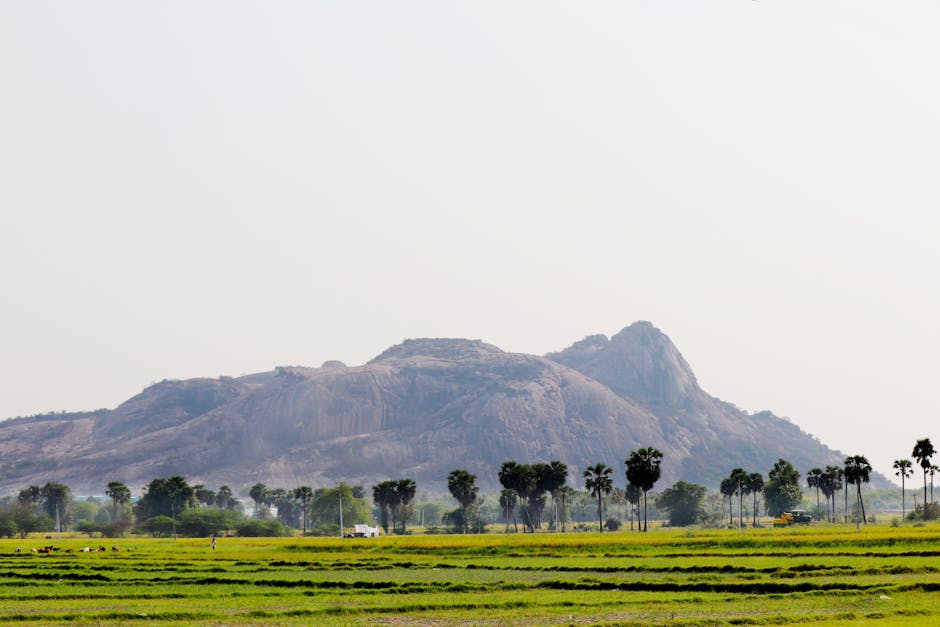Pakistan is currently grappling with its most severe Taliban insurgency in over a decade, as militant groups intensify their attacks across the country, particularly in the restive regions bordering Afghanistan. The surge in violence has raised alarms among security experts, policymakers, and citizens alike, who fear a return to the dark days of the late 2000s when the country was plagued by relentless terrorist activities.
Escalating Violence and Strategic Targets
In recent months, the Pakistani Taliban, also known as Tehrik-i-Taliban Pakistan (TTP), has carried out a series of high-profile attacks targeting security forces, government installations, and civilians. The group, which operates independently but maintains ideological and operational ties with the Afghan Taliban, has claimed responsibility for numerous bombings, armed assaults, and targeted killings.
One of the most significant attacks occurred in the northwestern province of Khyber Pakhtunkhwa, where a suicide bomber targeted a military convoy, killing at least 10 soldiers and injuring dozens more. This brazen assault marked a sharp escalation in the TTP’s campaign to destabilize the region. Additionally, the group has intensified its activities in Balochistan, attacking infrastructure projects, including the China-Pakistan Economic Corridor (CPEC), a flagship initiative of Beijing’s Belt and Road Initiative.
Roots of the Resurgence
The resurgence of the TTP can be traced back to the Taliban’s takeover of Afghanistan in August 2021. The group’s victory emboldened its Pakistani counterpart, which has since regrouped and rearmed, leveraging the porous border between the two countries to launch cross-border attacks. The TTP has also capitalized on the Afghan Taliban’s reluctance to crack down on its activities, despite Islamabad’s repeated appeals for cooperation.
Another factor contributing to the insurgency’s resurgence is the perceived weakening of Pakistan’s counterterrorism efforts. Over the past few years, the country’s security apparatus has been stretched thin, dealing with multiple internal and external challenges, including political instability, economic crises, and border tensions with India. This has allowed the TTP to regain momentum and expand its operational capabilities.
Government Response and Challenges
The Pakistani government has responded to the escalating violence with a combination of military operations and diplomatic efforts. Security forces have launched targeted offensives in TTP strongholds, aiming to dismantle the group’s infrastructure and neutralize its leadership. However, these operations have been met with fierce resistance, resulting in heavy casualties on both sides.
On the diplomatic front, Pakistan has sought to engage the Afghan Taliban in curbing TTP activities. While Kabul has pledged to prevent its territory from being used for attacks against Pakistan, its ability—or willingness—to rein in the TTP remains questionable. The Afghan Taliban’s own internal divisions and its reliance on hardline factions complicate efforts to broker a lasting peace.
Human Cost and Public Outcry
The resurgence of the TTP has taken a heavy toll on Pakistani civilians, particularly in the conflict-ridden regions of Khyber Pakhtunkhwa and Balochistan. Thousands of families have been displaced, and the local economy has been severely disrupted. The psychological impact of living under constant threat of violence has further exacerbated the suffering of affected communities.
Public outrage over the government’s inability to curb the insurgency has grown, with many questioning the effectiveness of its security strategy. Civil society groups and opposition parties have called for a more comprehensive approach that addresses the root causes of extremism, including poverty, lack of education, and political marginalization.
The Road Ahead
As Pakistan confronts its fiercest Taliban insurgency in a decade, the road ahead is fraught with challenges. The government must strike a delicate balance between military action and political engagement, while also addressing the socio-economic grievances that fuel extremism. Regional cooperation, particularly with Afghanistan, will be critical in ensuring long-term stability.
For now, the people of Pakistan remain caught in the crossfire, yearning for peace and security in a region that has endured decades of conflict. The coming months will test the resilience of the nation and its ability to overcome one of the most formidable threats to its stability in recent memory.




